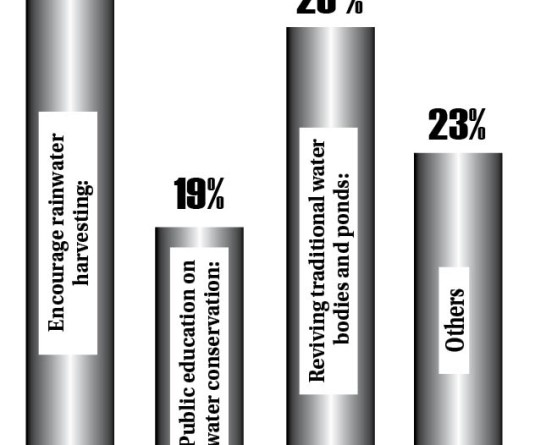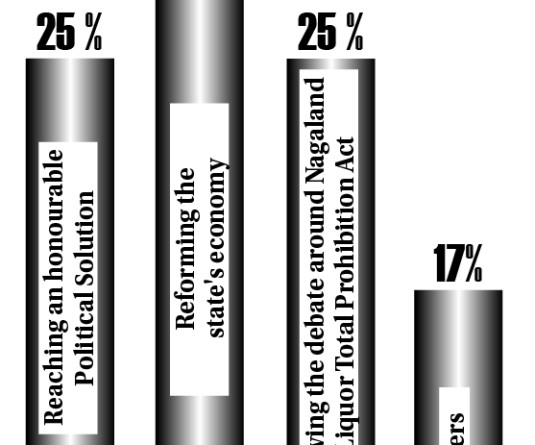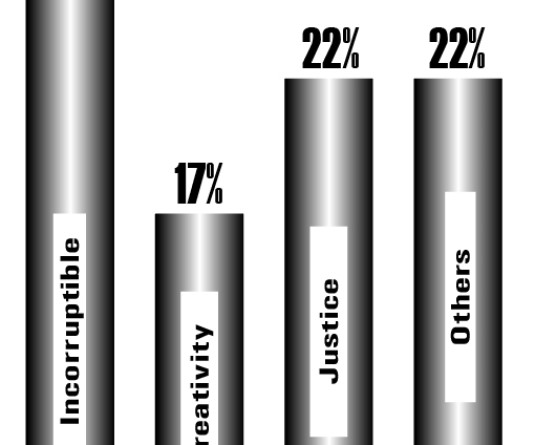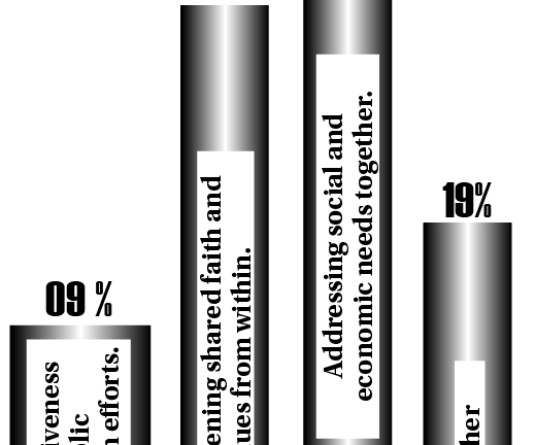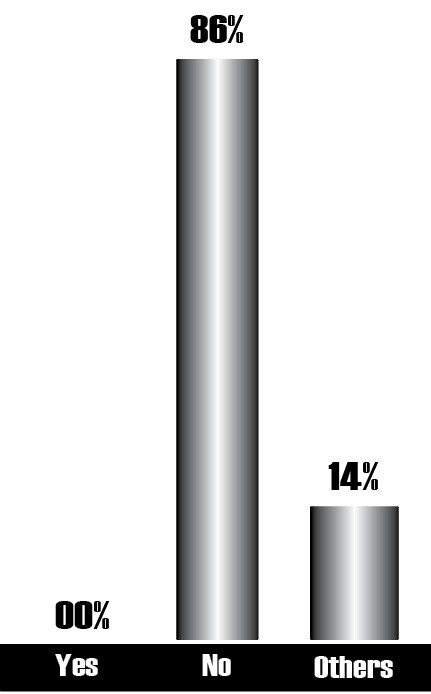
Yes:
No:
• A big no but when you say church are you talking about organizations, building or the believers?
• More like preachers of the government rather than god
• Most of the churches in Nagaland focus on infrastructure like big church, good vehicles and less services to needy people. More gaining more wealth of the church. They are less concerns about social well-being of its church members. Even though not churches
• Naga churches, although often seen as focused mainly on preaching, have the capacity to do much more. Preaching itself can be a powerful medium for responding to social issues. Many churches in Nagaland have the potential to speak truth into society by addressing problems like corruption, addiction, youth unemployment, tribalism etc through the lens of the Gospel. The church can remain faithful to its spiritual mission while also being relevant and responsive to the needs of society?
• No, Naga churches are not able to addressing social issues as they like to hide the negative aspect of Naga society. As well as they would have to address corruption in the church it self.
• No. Because church is not established to address Social Issues. Churches are established so that believers can come together to listen the word of God and grow in the Lord.
• No. The Naga churches are indifferent to social issues. Nagas are failing to understanding that the theology of Jesus was to bring about changes in the fallen world. That the struggle is not only against flesh and flood but against the authorities, against the dark forces and against the principalities of evil.
• The church does not seem to engage actively with poverty and widespread corruption
• The church itself promotes social devide by publishing donation and to the reports. Thenpoor are heavily marginalized this way. In the western world, noone publishes donation data. It is anonymous so whoever donated money donated wholeheartedly and not so because of the church annual reports and the embarrassment of low donation.
• The prevalence of corruption, cronyism, and the blatant abuse of power and state resources, not only by our political leaders but increasingly by individuals across all levels of society, reflects a deeper moral crisis within Naga society. This degradation is not merely political or economic, but also a failure at the spiritual and ethical level.
• They are happy with their ten tithe ,out of state outreach and buying dumpers , building and putting their church name on them.
• They are more inclined towards individual self financial and material gains, they have no interest or whatsoever in taking up social issues unless financial or materialistic gains are to be received, sad but this is the present reality of churches in Nagaland
• They are more interested in making money and building bigger buildings and stopping sell of booze.
Others:
• Besides NLTP, nope.
• Church or any institutions when we learn not to bow to what’s wrong even when our life is at stake that’s when all this will disappear.
• Churches are yet to grasp the multitude of social issues that have come up in recent years. Moreover, churches alone cannot help to address social issues. It requires the awareness and participation of the entire society and all the orgs to effectively address social issues
• Nagaland would be a much better place if only the churches would do half of what they are called to do. Our society is falling apart because the Church has chosen to remain silent to so many social evils among the Nagas. It is absurd that many people think that church should not get involved in social and political issues. Does this mean that the church should remain quiet regarding corruption when Jesus himself questioned and rebuked corruption.
• Right question in wrong platform. Ask that to NBCC
• While churches in Nagaland do play an important role in addressing social issues, many times they shy away from it, thinking it's not their direct duty and limit their response to prayers or sermons, rather than concrete action.This hesitance weakens their potential influence. Addressing social issues isn't about doing everything, it's about doing something meaningful when it matters. As we say, "God helps those who help themselves," and more importantly, the Bible itself emphasizes this: "Faith by itself, if it is not accompanied by action, is dead." (James 2:17) I believe that when social issues arise, whether it's corruption, addiction, gender violence, or youth unemployment, the church must lead by example in action, mobilizing people, speaking truth to power, and standing up for justice on the ground. Simply praying without action is not enough. Additionally, there is a dangerous over-reverence for pastors and church leaders. In many cases, people avoid raising questions or criticisms, not because they agree, but simply because the person is a pastor.This creates a culture of silence and blind following. We need a church that empowers people to act, not one that unintentionally silences them in the name of respect or tradition. Hence, the role of the church is not yet truly effective in addressing social issues.


